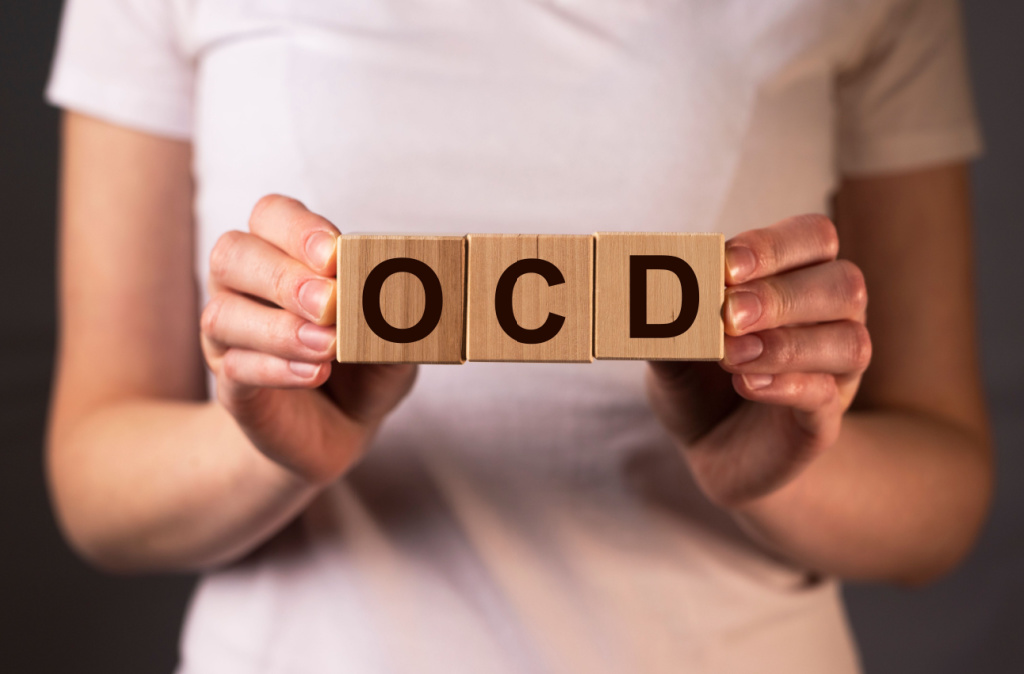What is the VA Rating for OCD?
Obsessive-Compulsive Disorder (OCD) is a mental health condition characterized by intrusive thoughts (obsessions) and repetitive behaviors (compulsions) that significantly impact daily life. Veterans diagnosed with OCD, often linked to or worsened by their military service, may be eligible for VA disability benefits. However, the process of securing these benefits can be complex and hinges on understanding the VA’s disability rating system for OCD. This article delves into this system, explaining how the VA assesses the severity of OCD and assigns corresponding disability ratings.
The VA Rating Framework
The VA rates disabilities based on the Schedule for Rating Disabilities, a document outlining criteria for various conditions. For mental health disorders, including OCD, the General Rating Formula for Mental Disorders applies. This formula considers the intensity and frequency of symptoms, their impact on occupational and social functioning, and overall impairment in daily life. Based on this assessment, the VA assigns one of six disability ratings: 0%, 10%, 30%, 50%, 70%, or 100%.

Understanding the VA Ratings for OCD
0%: No symptoms or symptoms that only cause minimal impairment.
10%: Transient symptoms triggered by significant stress or controlled by medication, with minimal effect on daily activities or work.
30%: Occasional impairment in work efficiency and social interactions due to symptoms like anxiety, depression, sleep problems, or mild memory issues.
50%: Significant occupational and social impairment with reduced reliability and productivity. Symptoms may include frequent panic attacks, difficulty with complex tasks, and impaired judgment or mood.
70%: Severe impairment in most areas of life, including work, relationships, and self-care. Symptoms can be debilitating, with rituals significantly interfering with routine activities, and potentially involving suicidal ideation or neglecting personal hygiene.
100%: Total occupational and social impairment, rendering the veteran unable to maintain gainful employment or function independently. Symptoms are severe and persistent, potentially involving danger to oneself or others.
Key Factors in Determining Your VA OCD Rating
Several factors influence your VA disability rating for OCD:
- Severity and frequency of symptoms: The intensity and persistence of obsessions and compulsions play a crucial role. More frequent and intrusive symptoms generally lead to higher ratings.
- Impact on daily functioning: The extent to which OCD affects your ability to work, maintain relationships, manage self-care, and engage in social activities is critical.
- Medical documentation: Comprehensive medical records detailing your diagnosis, treatment history, and symptom severity are essential for establishing the claim.
- Buddy statements: Statements from individuals familiar with your struggles and limitations can strengthen your claim.
Seeking Help and Support
If you believe your OCD is service-connected and significantly impacts your life, you have the right to seek VA disability benefits. The process can be complex, and it’s recommended to seek professional guidance from:
- VA representatives: Contact your local VA regional office or veterans service organization for assistance filing your claim.
- Mental health professionals: A qualified therapist can provide diagnosis, treatment, and documentation crucial for your claim.
- Veterans’ disability attorneys: Consider legal expertise to navigate the complexities of the VA claims process.
Getting Approved (or Denied) for VA Benefits for OCD
- The VA disability rating system is complex, and the information provided here is for general understanding only. It’s not a substitute for professional guidance.
- Each case is unique, and your rating will depend on your specific circumstances and the evidence presented.
- Be persistent and thorough in gathering evidence and seeking support throughout the process.
Obtaining a VA disability rating for OCD can be a life-changing step, providing access to financial compensation and healthcare resources. By understanding the rating system and seeking professional help, you can advocate for your rights and secure the support you deserve.If you’ve been denied benefits for OCD and believe you have a case, getting a VA benefits attorney on your side could help. If you want to see if you can get in matched with an attorney today, contact us.
